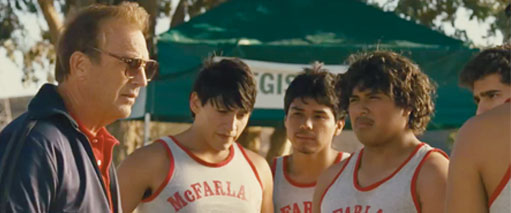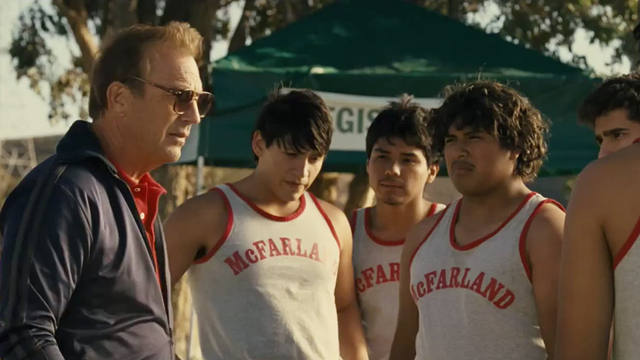Film Review: Mcfarland, Usa
Standard-Issue “Inspirational Sports Movie” Still Manages To Inspire


“Go out there and run faster than all the other kids. ... Boom. Inspiration.”
Latest Article|September 3, 2020|Free
::Making Grown Men Cry Since 1992


“Go out there and run faster than all the other kids. ... Boom. Inspiration.”